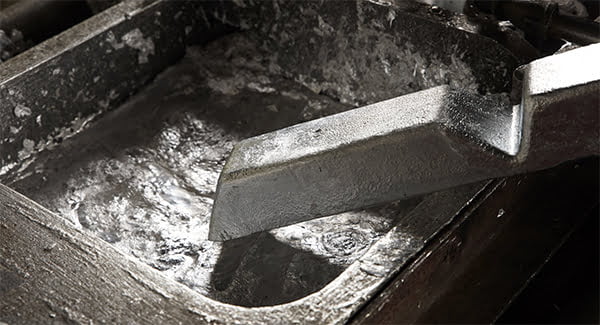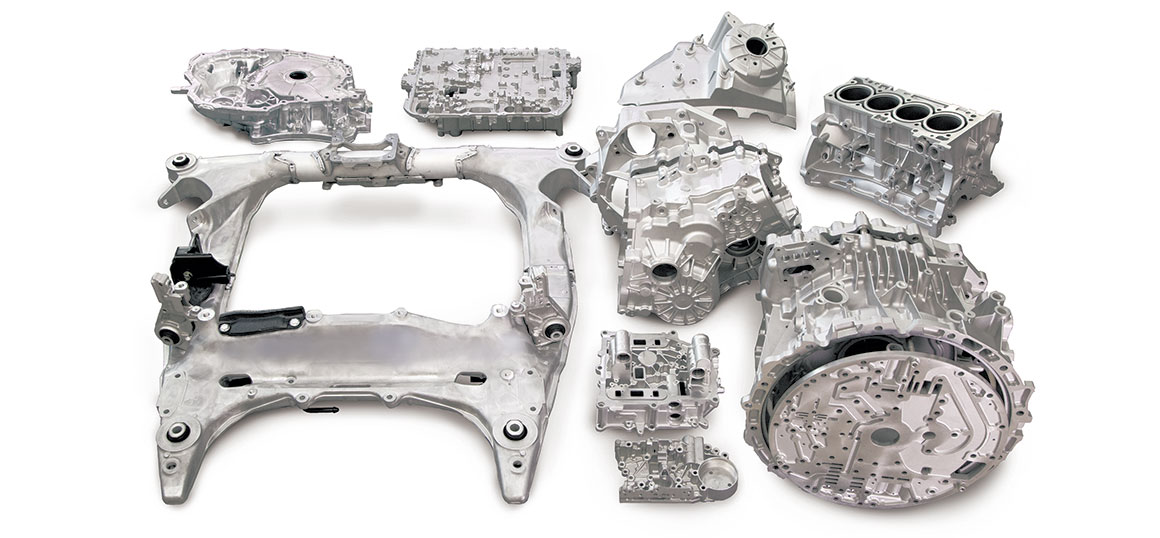Diecasting has become an essential part of Malaysia’s manufacturing industry, supporting various sectors that rely on precision-engineered metal components. As a metal-forming process, diecasting involves forcing molten metal into a mold to produce parts with intricate shapes and detailed finishes. This process is widely used in industries such as automotive, electronics, telecommunications, and consumer goods, which require high-quality, durable components. Over the past few decades, Malaysia’s diecasting industry has grown significantly, benefiting from advancements in technology, a skilled workforce, and its strategic location in Southeast Asia. Today, Malaysia is known for its expertise in diecasting, supplying precision parts both domestically and to the global market.
The automotive industry in Malaysia is one of the primary drivers of the diecasting sector. Automotive manufacturers require components that are lightweight, strong, and cost-effective, which makes diecasting an ideal solution for producing engine parts, transmission components, and structural parts. Malaysian diecasting companies have developed advanced capabilities to produce high-precision parts that meet the stringent quality requirements of the automotive industry. By partnering with both local and international car manufacturers, these companies play a crucial role in the supply chain, contributing to the production of vehicles that are efficient, durable, and safe. As the automotive industry evolves, particularly with the rise of electric vehicles, the demand for lightweight, high-performance diecast components is expected to grow, further boosting the sector.
In addition to the automotive sector, Malaysia’s diecasting industry plays a critical role in the electronics and telecommunications fields. The increasing demand for smartphones, laptops, and telecommunications equipment has created a need for small, intricate components that can be mass-produced with precision. Diecasting offers the ability to produce complex shapes with tight tolerances, making it ideal for manufacturing casings, connectors, and heat sinks used in electronic devices. Malaysian companies have honed their expertise in producing these small-scale components, ensuring that they meet the exacting standards required for electronic products. As technological advancements continue, the diecasting industry in Malaysia is well-positioned to support the production of next-generation devices and telecommunications infrastructure.

One of the key factors contributing to the success of die casting company Malaysia is its cost-effectiveness. Diecasting is known for its ability to produce large quantities of parts quickly and efficiently, making it an ideal process for industries that require mass production. Malaysian diecasting companies have leveraged the country’s competitive labor costs, access to raw materials, and proximity to major markets in Asia to provide cost-effective solutions to their clients. The efficient nature of the diecasting process, combined with Malaysia’s favorable manufacturing environment, has made the country an attractive destination for companies seeking reliable and affordable production partners. This cost advantage has helped Malaysian diecasting companies remain competitive in the global market while maintaining high standards of quality and precision.
Sustainability has also become a growing focus within Malaysia’s diecasting industry. As industries worldwide seek to reduce their environmental impact, diecasting companies in Malaysia are adopting practices that promote sustainability and reduce waste. The ability to recycle scrap metal during the diecasting process is one of the key advantages of this manufacturing method, allowing companies to minimize material waste. Additionally, diecasting molds can be reused for long production runs, further reducing waste and conserving resources. Malaysian diecasting companies are also exploring energy-efficient technologies and environmentally friendly materials to reduce their carbon footprint. By embracing sustainable practices, the industry is aligning itself with global trends toward more responsible and eco-friendly manufacturing.
Looking ahead, the future of diecasting in Malaysia appears promising. As demand for precision-engineered components continues to rise across multiple industries, Malaysian diecasting companies are poised to expand their capabilities and explore new markets. The integration of advanced technologies such as automation, robotics, and artificial intelligence in the manufacturing process will likely improve efficiency, reduce production costs, and enhance product quality. These innovations will enable Malaysian diecasting companies to stay competitive in an increasingly globalized market while meeting the evolving needs of their clients. With a strong foundation in place, Malaysia’s diecasting industry is well-positioned for sustained growth, contributing to the country’s economic development and solidifying its reputation as a hub for high-quality, precision manufacturing.
